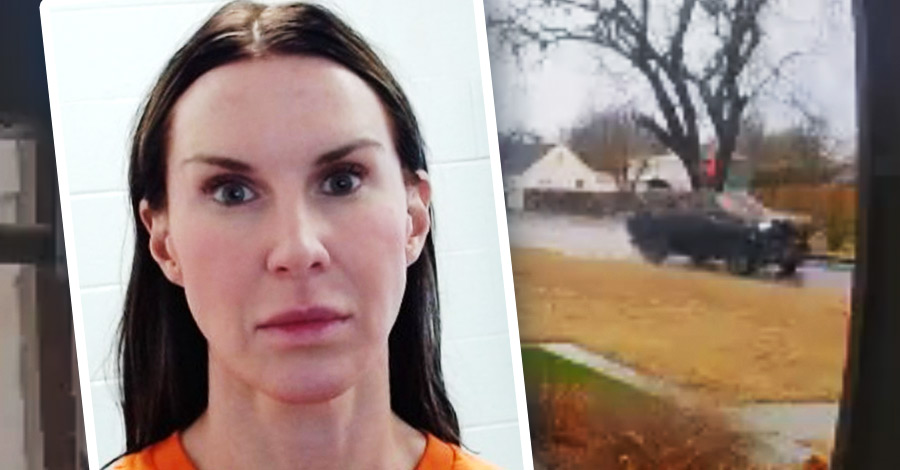
Yesterday afternoon, word came out that Hobby Lobby is buying the old St. Gregory's University campus. I guess they need a place to house all their fake artifacts!
In case you missed it, the Hobby Lobby family quietly acknowledged this week that their $500-million hobby – The Museum of the Bible – has been displaying fake Dead Sea Scrolls and presenting them as real. I bet God got a good laugh out if it.
Via KOCO:
The Museum of the Bible in Washington, D.C., says five of its most valuable artifacts — once thought to be part of the historic Dead Sea Scrolls — are fake and will not be displayed anymore.
German-based scholars tested the fragments and found that five of the scrolls "show characteristics inconsistent with ancient origin and therefore will no longer be displayed at the museum."
That's nice. The family that's made millions and millions and millions selling cheap, knockoff goods got swindled for millions and millions and millions by counterfeiters selling cheap knockoff goods.
CNN raised questions about the museum's Dead Sea Scroll fragments in an article published last November, as the Green family prepared to unveil their new, $500 million museum. At 430,000 square feet, and with views of the Capitol, the Bible museum represents a significant investment for its evangelical founders.
Now scholars say the Dead Sea forgeries could be part of the most significant sham in biblical archeology since the "Gospel of Jesus' Wife," a fiasco that hoodwinked a Harvard scholar and made worldwide news in 2012. Some scholars estimate that as many as 70 forged fragments have hit the market since 2002.
"Though we had hoped the testing would render different results, this is an opportunity to educate the public on the importance of verifying the authenticity of rare biblical artifacts, the elaborate testing process undertaken and our commitment to transparency," said Jeffrey Kloha, the chief curatorial officer for Museum of the Bible.
Yeah, there you go, public. The next time you're looking to buy rare artifacts and antiquities for your bible museum, make sure to verify their authenticity. The first step in that process would be to listen to other experts and scholars:
Some scholars have been raising questions about supposed Dead Sea Scroll fragments for years, saying that unscrupulous antiquities dealers are preying on evangelicals like the Greens, making millions in the process.
Those same scholars questioned the Greens' fragments even before the museum opened with splashy ceremonies last year, including an event attended by Vice President Mike Pence...
Kipp Davis, an expert on the Dead Sea Scrolls at Trinity Western University in Canada, was one of several academics who has tried to warn Christians, including the Green family, about the forgeries.
Davis, who studied the fragments for the Museum of the Bible, said Monday's news about the fakes felt like bittersweet vindication. His takeaway: Evangelicals and others whose faith motivates them to collect artifacts should be very careful with antiquities dealers eager to pique their interest in supposedly ancient scraps of scripture.






